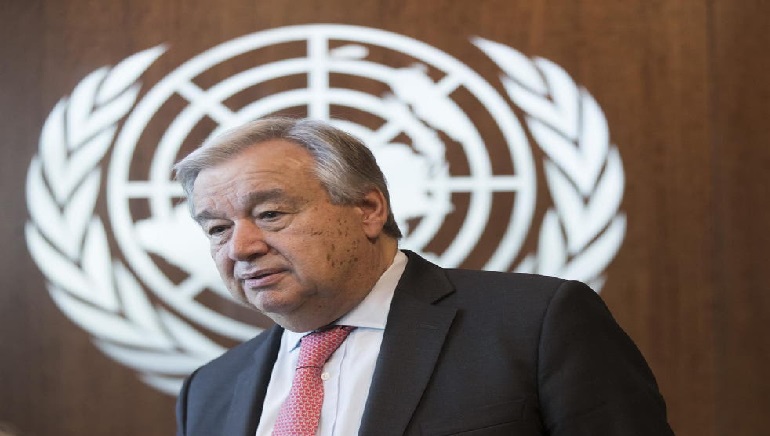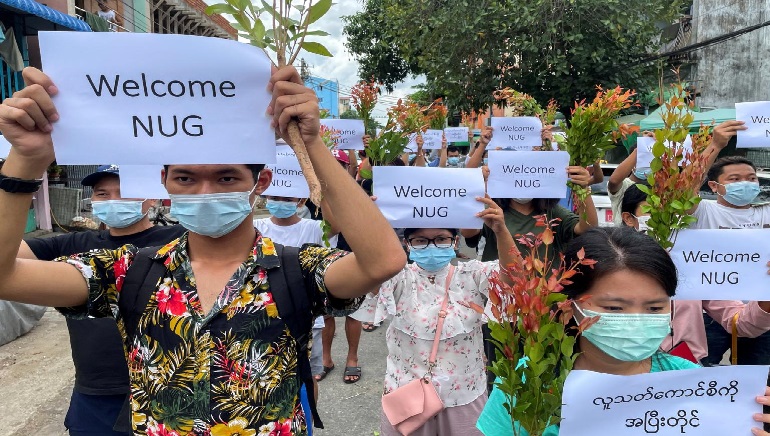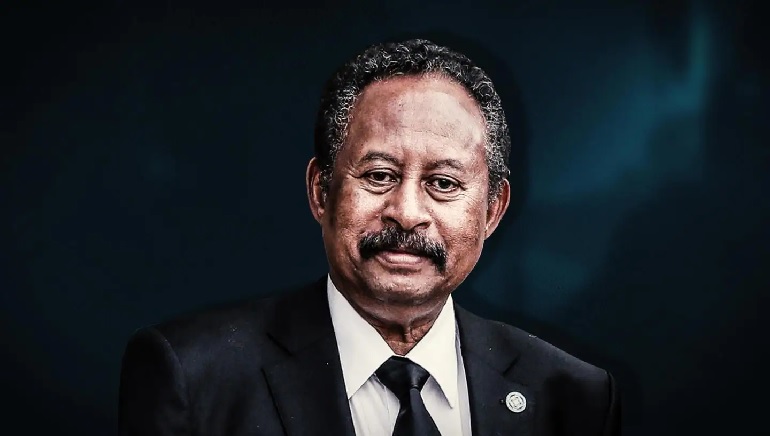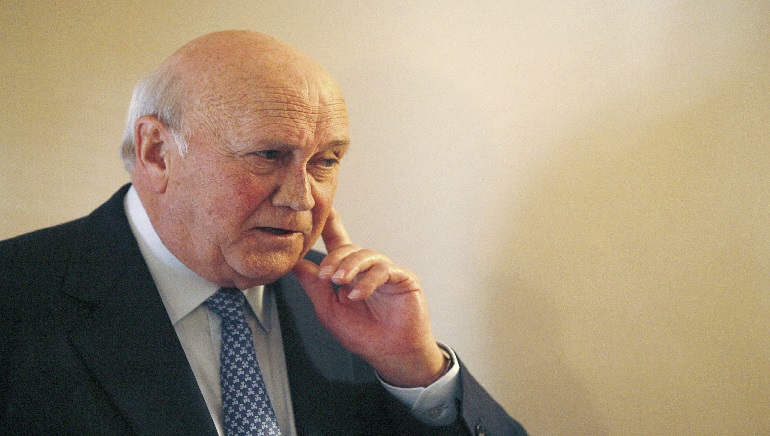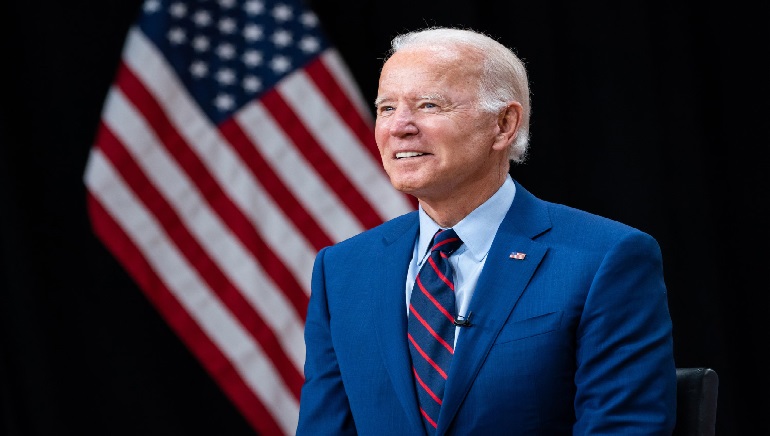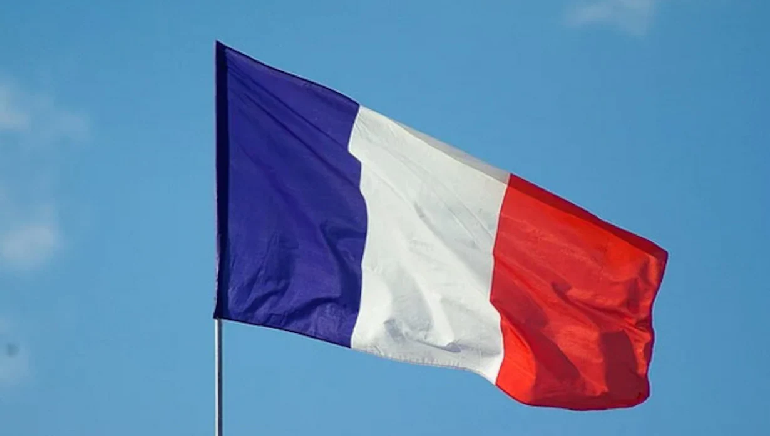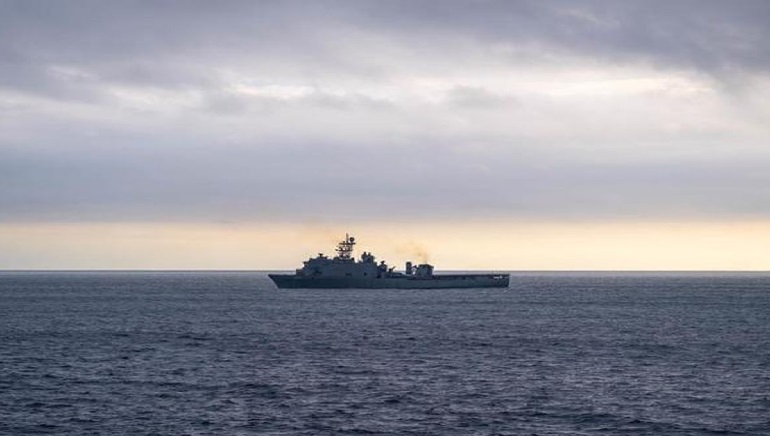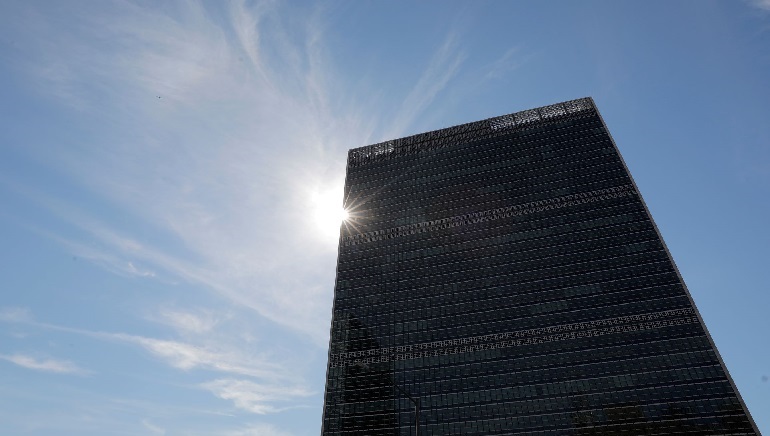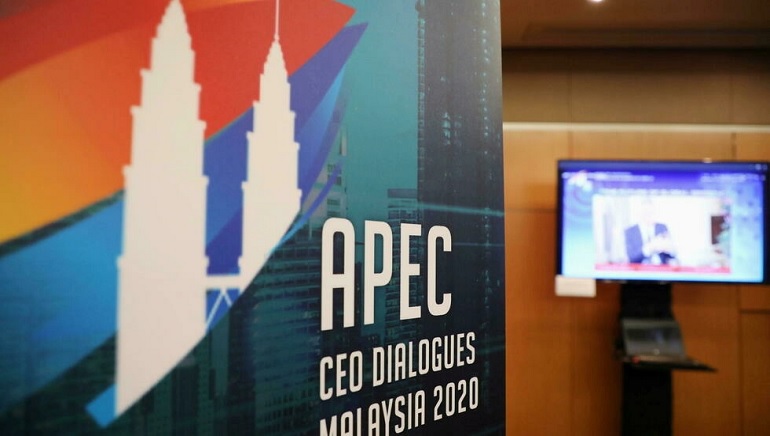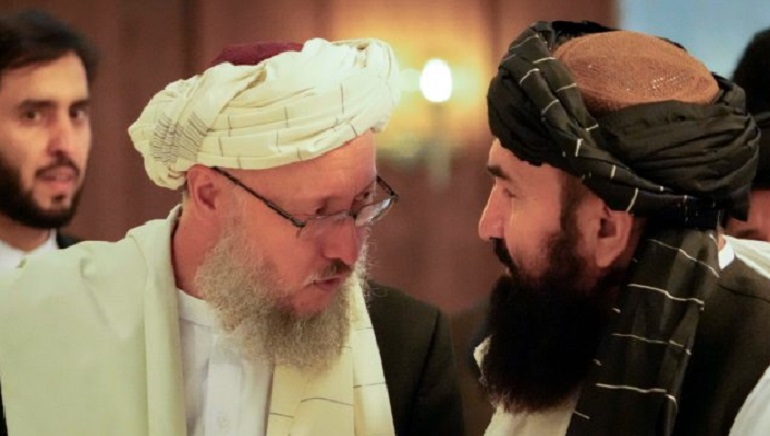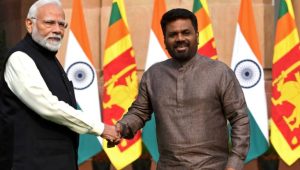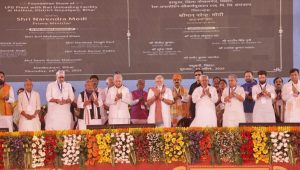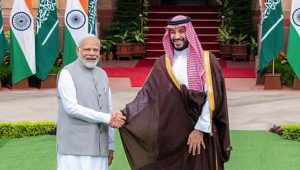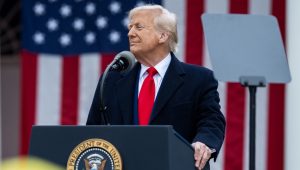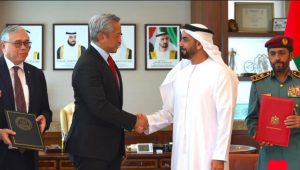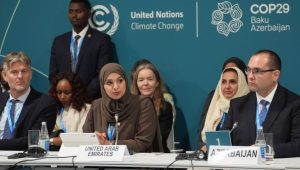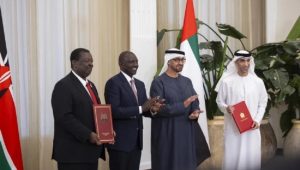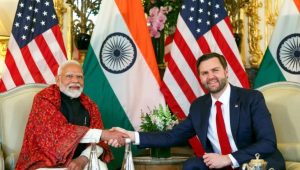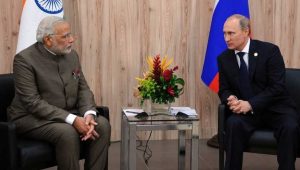Wednesday, November 24 is a historic day for the South American country Colombia. On this day five years ago, a peace agreement was signed between the Colombian government of President Juan Manuel Santos and the Revolutionary Armed Forces of Colombia (FARC), which saw an end to six decades of conflict. On the eve of the historic agreement’s fifth anniversary, UN Secretary-General Antonio Guterres lavished praise on the country’s peace deal efforts, saying that Colombia offers a fine example of peace in a world otherwise full of conflicts.
Mr Guterres is in the country on a two-day trip which began on November 22. Upon his arrival in the country, he was welcomed by Colombia’s Vice-President and Minister of Foreign Affairs, Marta Lucia Ramirez along with two other officials.
On Tuesday, Mr Guterres travelled to the north western province of Antioquia to visit a site where former FARC rebels are being rehabilitated into a peaceful life. Colombian President Ivan also accompanied Mr Guerrillas.
On his last day in Colombia, Mr Guterres will visit Bogota to be a part of a ceremony at the Special Jurisdiction of Peace, which is a judicial body formed by the peace agreement to investigate crimes committed during the conflict which killed thousands each year.





